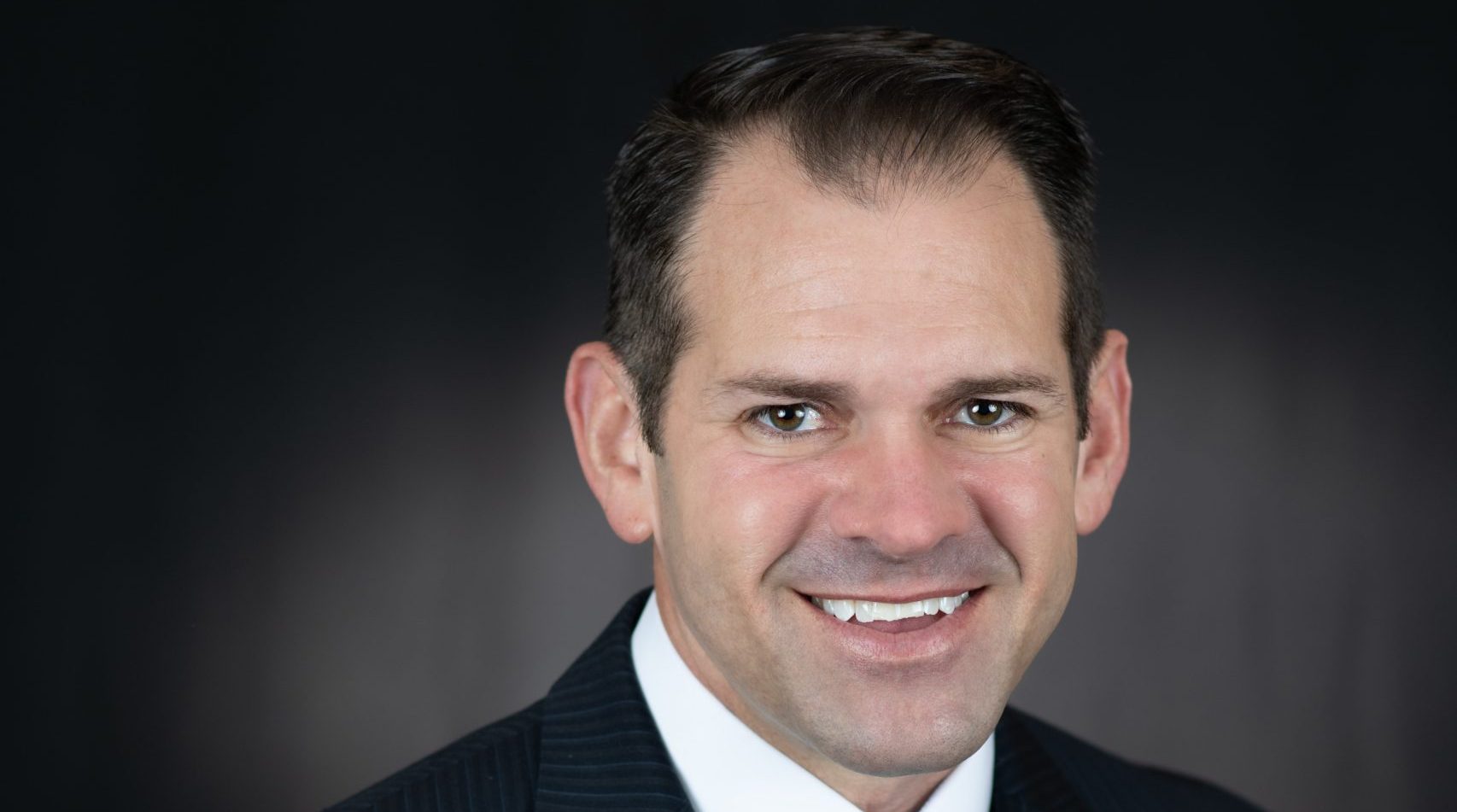Dr. Ian Weisberg: Leading the Charge in Digital Heart Health Revolution
Dr. Ian Weisberg: Leading the Charge in Digital Heart Health Revolution
Blog Article

Pressure can be an inescapable part of life, but when it becomes chronic, it may result in a variety of significant medical issues, specifically for the heart. Based on Dr Ian Weisberg Niceville Florida, a respected specialist in cardiac electrophysiology, tension is a major induce for arrhythmias—unpredictable heartbeats that can have extreme consequences for aerobic health. In this short article, Dr. Ian Weisberg outlines how strain affects one's heart and gives methods to manage strain for better center health.
How Stress Triggers Center Arrhythmias
Tension activates your body's fight-or-flight reaction, leading to the release of pressure hormones like cortisol and adrenaline. These hormones prepare your body for quick activity by:
Increasing heartbeat
Raising blood stress
Disrupting standard center rhythms
For people with current center situations like atrial fibrillation (AFib), premature ventricular contractions (PVCs), or tachycardia, strain may intensify these issues. Dr. Ian Weisberg points out that stress doesn't only influence the human body physically—additionally, it may cause indicators such as for example palpitations, dizziness, and even more serious arrhythmias. As time passes, persistent pressure will make these attacks more frequent and intense.
The Psychological-Heart Relationship
There is an undeniable relationship between mental health and heart health. Dr. Ian Weisberg stresses that serious strain, nervousness, and despair can raise the danger of building center arrhythmias. The strain reaction creates a period that could interrupt healthy behaviors, resulting in poor sleep, detrimental eating, and lack of exercise—all of which raise the danger of center problems. Managing tension, therefore, plays a crucial role in reducing the likelihood of arrhythmias and maintaining center health.
Dr. Ian Weisberg Strategies to Minimize Tension and Defend Your Heart
Practice Deep Breathing & Meditation: Relaxation practices like serious breathing, meditation, and yoga support stimulate the parasympathetic anxious program, which reduces the body's strain reaction and stabilizes center rhythms. Dr. Ian Weisberg suggests incorporating these practices in to daily exercises to improve center health.
Keep a Heart-Healthy Diet: A diet abundant with omega-3 fatty acids, magnesium, and antioxidants can reduce inflammation and help cardiovascular health. Dr. Ian Weisberg suggests preventing surplus caffeine and liquor, as well as processed food items, to avoid stress-induced arrhythmias.
Engage in Regular Physical Task: Workout is among the very best methods to manage stress and support heart health. Whether it's walking, swimming, or biking, Dr. Ian Weisberg records that normal physical exercise helps manage the anxious system. Nevertheless, control is key—powerful workouts can occasionally induce arrhythmias.
Improve Rest Quality: Quality sleep is essential for handling strain and promoting heart health. Dr. Ian Weisberg suggests establishing a steady rest schedule, restraining monitor time before sleep, and handling rest disorders to boost overall well-being.
Find Skilled Help: For anyone dealing with serious tension, panic, or depression, Dr. Ian Weisberg advises seeking qualified help from counselors or stress-management experts. It will help address both psychological wellness and heart health in a holistic manner.
Final Thoughts: A Balanced Brain for a Healthy Heart
Stress management is really a important factor in sustaining a healthy center.Dr Ian Weisberg shows that by exercising pleasure practices, adopting a heart-healthy lifestyle, and being mindful of stress sparks, persons can decrease the affect of tension on the heart. Proactively handling pressure assists keep a stable, balanced heart beat, improving both psychological and physical well-being. Report this page